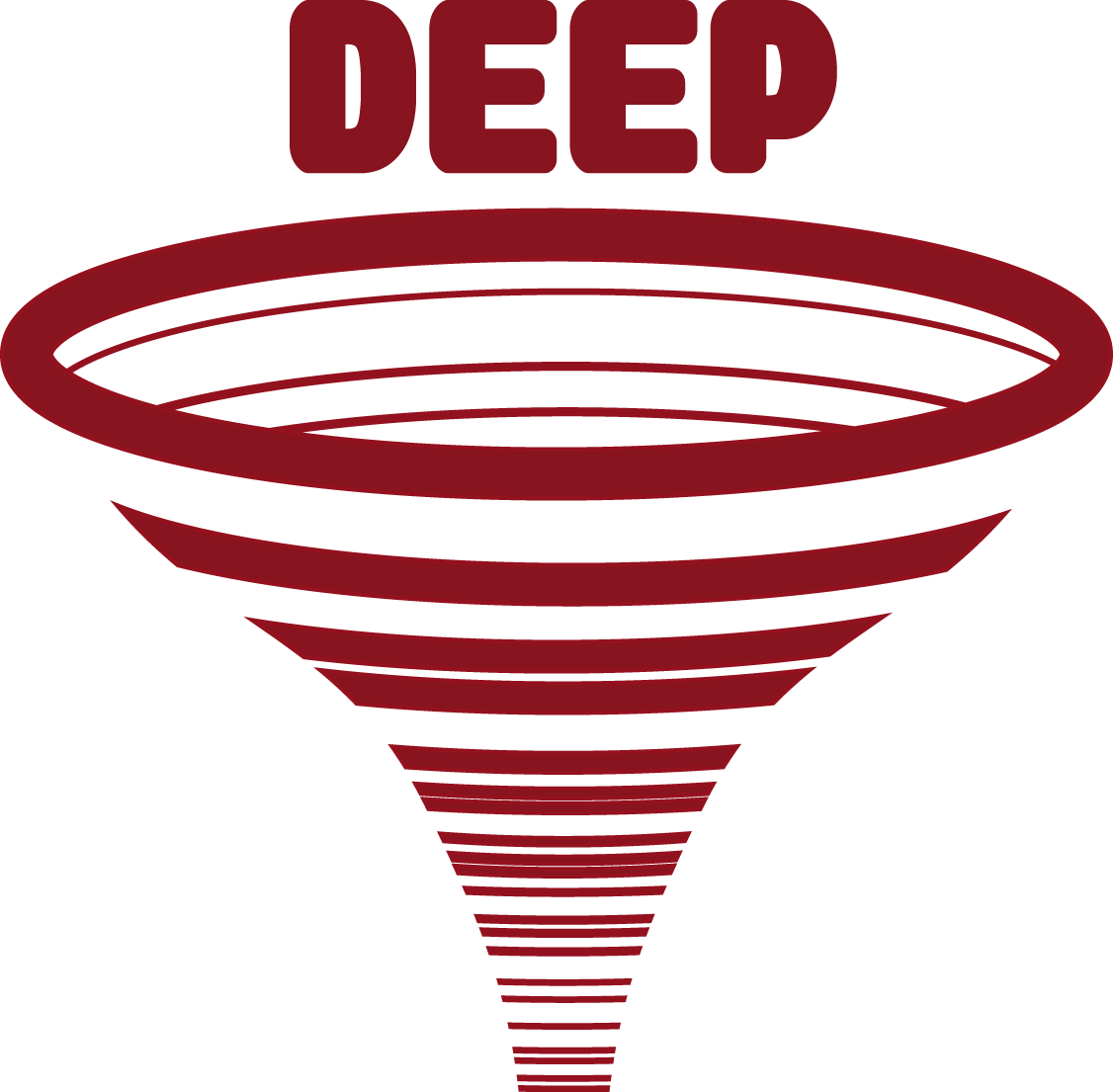Don't Call it "Yacht Rock"--West Coast Mix 1
My sister was kind enough to forward me this article from the Wall Street Journal on the supposed resurgence of "yacht rock." You know, Yacht Rock: smooth 70s-80s soft rock that, according to the coiners of the term, is obviously meant to be listened to on yachts. I get why the term emerged: see the cover of Loggins & Messina's Full Sail, the video for CSN's "Southern Cross," and, of course, "Captain" Daryl Dragon's (of Captain & Tenille's) ludicrous yachtsman outfit. But I always hated the term. When it first emerged, it had the briny pejorative whiff of condescension, as if the only people who could appreciate this music are ludicrous, dorkily bourgeois twits who ostentatiously associate themselves with yachts. What was tragically cast overboard was the fact that the finest purveyors of the style, such as Steely Dan, Boz Scaggs, and Michael Franks incorporated elements of jazz, soul, and funk in sophisticated ways and articulated highly literate, adult and even jaundiced eyes on the worlds (and underworlds) of wealth and love (and drugs).
I still hate the term. Now, "yacht rock" carries with it the rotten oyster smell of irony (as any picture of the cheeseballs in the Yacht Rock Revue will attest). Different smell than before, but still condescending, as if you couldn't seriously respect and like this kind of music, despite the ace musicianship and compositional sophistication well-beyond what you would ordinarily hear in the realms of Pop music.
Maybe that's the key: Yacht Rock is "pop" music in its overall polish and accessibility but it's not packaged in the personality-driven spectacle that Pop music is increasingly delivered (and is increasingly demanded by Pop consumers). At the same time, the best Yacht Rock is musician's music but not packaged in the "artistic-visionary" packaging (think Dylan, Hendrix, Lennon, Cobain, Yorke, etc) that self-identifying "real music" fans often demand.
That leaves Yacht Rock in limbo as either Pop music for musicians who don't buy into the "visionary" mythology or musicians' music for Pop fans who don't buy into the celebrity mythology. I don't know how many people that leaves, but count me as one of them.
For what it's worth, most people who really like this stuff simply refer to it by the place where most of it was made and the atmosphere its evokes: we just call it "West Coast."
For your smooth, sophisticated enjoyment, here's a flow of West Coast I recently crafted.
